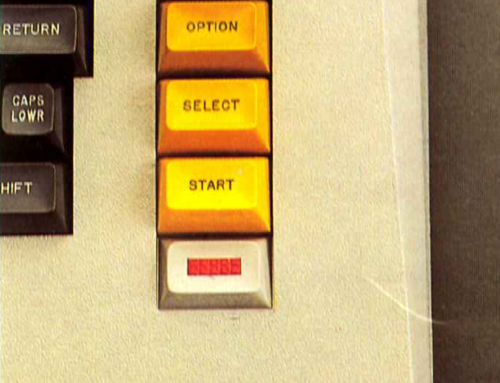I vividly remember the day I was sitting on the sofa with my husband in the first little house we rented. It was a Sunday afternoon and there was not a thing to do. The weather outside was frightful. There was nothing on TV. We had no errands to run. There were no items on the agenda. We were thoroughly, utterly, mind-numbingly bored. I even remember complaining about it, probably with that whiny noise young children make when they engage in the universal refrain of “I’m bored!”
Fast-forward several years and a typical Sunday would see us feeding, washing, dressing, supervising, running after, entertaining, admonishing, and carpooling our three young children. There was barely time to shower. It felt like everyone wanted a piece of us, all the time. And it was on a day like that, when my husband and I were likely dashing by each other in the hallway each intent on our immediate tasks that he said to me, “Boredom is highly under-rated.”
What’s amazing about that observation is that it applies well beyond our day-to-day activities. In fact, boredom has an exceptionally valid role to play as we learn to become more mindful.
The mantra of mindfulness
Mindfulness, to me, is like an oasis or spot of calm amid today’s bustling, harried world. Most days, we’re assailed with endless demands on our time and attention. Deadlines to meet, bills to pay, people to see, provisions to buy, meals to prepare, laundry to wash, bodies to exercise, support to provide, conversations to have. Phone calls, emails, texts. Pick-ups, drop-offs, errands, and finding a damn place to park. Busy, busy, busy.
If we let ourselves get sucked up into that busy-ness, the potential for personal stress rises. Contrary to popular belief, I’m not sure it’s a good thing that there’s an app for everything. I don’t think we were built to be always-on. The pace at which we move gives us scant time for contemplation, meditation, or simple enjoyment of fleeting moments. That’s why mindfulness is so critical. It’s a practice for becoming aware of each moment as it passes. It’s a commitment to pay attention to each experience as it arises. And it’s a recipe for responding to life with grace and thoughtfulness, rather than reacting to events with disproportionate emotion.
There are a lot of ways to become more mindful, but one that resonates for me is often first found on a yoga mat: the simple commitment to pay attention to your breathing. In fact, it’s this practice that fundamentally differentiates yoga from other forms of exercise. The real “trick” of yoga is not to twist your body into unlikely shapes. It’s to notice how your mind is trying to twist your thoughts—and then to gently disengage from that habit. If we hope to notice the games our thoughts are playing, we must first calm our minds. One way to do that is to pay attention to our breathing.
A valid withdrawal symptom
So, let’s break it down. Here we are, breathing. The breath coming in. The breath going out. The breath coming in. The breath going out. Are you bored yet? Because, seriously, how many breaths can you mindfully watch before your brain tries to hijack your attention and take you to a faraway place where you’re forever young and beautiful, adored by all around you, and capable of eating limitless calories without gaining any weight?
Let’s face it. Those mind games, those fantasies, those places where our thoughts stray can be addictive. Each moment of each day is rarely filled with racing excitement. That’s why so many of us would rather dwell in our minds than pay attention to what’s really happening in our worlds. That’s why so many of us would rather keep ourselves artificially busy than listen to the voices in our heads that try to speak when we carve out spaces of silence.
If you’re truly in search of clarity, however, you will begin to train yourself to ignore the mind’s games and fix attention on each breath. Bryan Kest, the creator of Power Yoga and a highly unlikely guru, put it this way: “Noticing your breathing might be a little boring because you’re addicted to those places your mind dwells,” he said, “but boredom is a valid withdrawal symptom.”
So the next time your mind rebels at a moment of silence, I invite you to welcome the boredom rather than trying to chase it away. In mindfulness, as in life, boredom is highly under-rated.





Leave A Comment